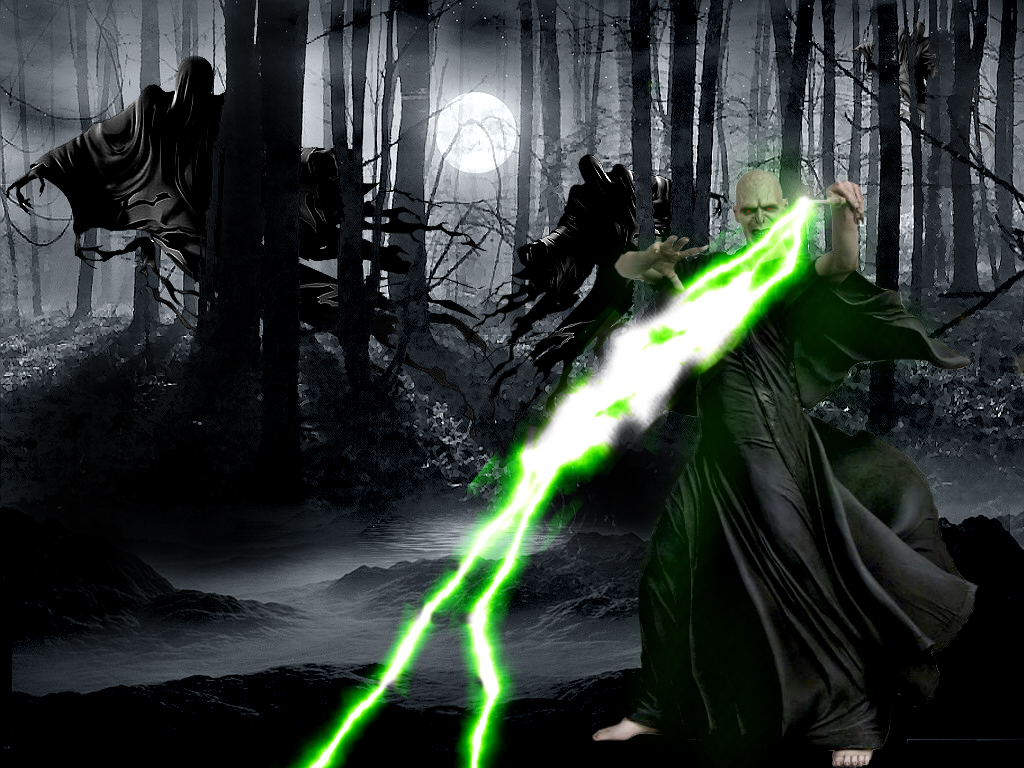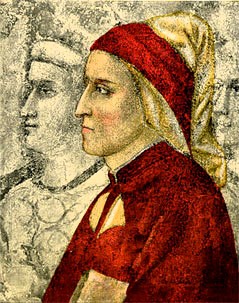Final Word: Why Not?
When I read this novel the first time, I was working to defend immigrants. In Maryland, the state legislature had passed a very limited version of the Dream Act. Anti-immigration forces, mostly white conservative Christians, petitioned the law to referendum. For a while, it seemed that Maryland might vote against hospitality. I thought I saw a way to help, and spent five months working on it. My task was specific and narrow: I went after voters whose religious views were in conflict with their political views – people who were serious about following an all-embracing God of Love, but were nonetheless planning to vote against welcoming strangers. I wrote a couple of short books about it. In the end, Maryland voters embraced the Dream Act decisively, but the fight continued on a national level.
From my perspective, the effort to understand and explain The Casual Vacancy is my third book on immigration. Rowling’s book is not about immigration; rather, my understanding of her book is connected to my understanding of immigration. But she makes a connection, in a throwaway line, describing the problem of the Fields as seen by the traditionalists: “there was a great ongoing scramble across the boundary line … much as Mexicans streamed into Texas” (p. 48). The question that Rowling explores, it seems to me, is the same question that all activists wrestle with: why don’t people act effectively to help their neighbors? Some people do step forward; the Barry Fairbrothers of the world are not rare. And yet, they are scarce enough that the death of one person may leave a vacancy that will not be filled.
Why don’t other people act?
Rowling does not tell activists how to galvanize a community. What she does, which I found extraordinarily useful and challenging, is to bring a novelist’s eye to the diagnostic process. She does not offer a solution, but does describe the problem with a clear and honest eye.
In her novel, Howard is the jovial enemy. He knows about the Fields, and knows about the Weedon family, and knows about Krystal. But he has chosen to live in a small world that he controls, and the Fields with its weeds is not welcome in his world. He is not interested in gems that might be buried there.
I found it fascinating that Shirley was so much worse than Howard. Howard chose Pagford, and tried to keep it quaint and small – an understandable if deplorable choice. But Shirley chose Howard, and deified him. He worked steadily for years to control his little world; her world was smaller, and she did not try to control it. He betrayed some constituents, knowing their names, but wanting them to go elsewhere. She betrayed him, and planned to murder him, because he shattered her world when he was unfaithful. To apply the lesson: I know how to argue with Howard, although I have very little expectation of success. I can argue against choosing a small world. But I have no idea how to argue with Shirley. What does one say against blind and bitter loyalty?
Howard’s second disciple, his son Miles, grew up in a small world, in a hothouse. He is a weak person. But he might change if he is pushed into a larger world. If he does take responsibility for someone in need, who knows how deep the change might be?
The enemies of hospitality are interesting, but so are the ineffective allies.
Colin Wall steps forward promptly to carry on Barry’s work. But he cannot do it, despite his good intentions. When he first appears in the novel, he is choking on his words, struggling to announce Barry’s death to high school students in Yarvil. Krystal reacts with appropriate horror, but Colin misunderstands her yelp, and shouts at her. From the very first minute, he displays a lack of understanding of the people whom Barry served. He can’t connect with Krystal, no matter how much he wants to help. His neurosis is in the way – as the Ghost points out.
Parminder is a loyal ally. She too is loyal to Barry, and her motives are mixed, as the Ghost points out. Like Colin, she lacks the common touch. She is tight with her prescription pad, and makes enemies, including – unfortunately – the most sensible person in the Weedon family. She can’t control her temper, which has some benefits: her denunciation of Howard’s colossal waste of precious resources is heart-warming. But it has a downside: she destroys her credibility. When Barry loses his temper with Krystal, Krystal accepts the correction sweetly – partly because she is sweet underneath all the grime, but largely because Barry deserves and wins her confidence. Parminder, by contrast, does not touch the hearts of her audience. She does pray, sincerely, and she raises a great daughter. But she can’t move people.
Kay can’t help, paradoxically, because her profession is to help. She does understand Krystal, and does win her trust. But at the critical moment, Kay does not move fast, because she is no longer assigned to that case. She is also distracted by her daughter, but the real issue is that her compassion is channeled through a bureaucracy. She has the right job, and it is a good job for her – but the fact that it is a job blocks access to her heart briefly, at exactly the wrong moment.
Tessa’s problem is similar to Kay’s. Krystal trusts her, and in fact is planning to get her help. But Krystal knows the established channels, and plans to get help from Tessa by pushing buttons.
Vikram is a fascinating character. He has brains, compassion, and credibility. But he is not going to take Barry’s place because he doesn’t speak up. To understand Vikram, you watch his work, and it is admirable. But to fill Barry’s shoes, one must speak up, and Vikram doesn’t. That’s not a criticism; it’s just a fact.
The novel explores people’s minds within the context of their families. Sukhvinder, one of Barry’s rowers, is a great success. Barry built a team with his own kids, plus some other solid middle class teens. But he sweeps in two outsiders – Krystal and Sukhvinder – and he protects them both. Sukhvinder has her mother’s face, and her mother’s awareness of spiritual life, and her father’s quiet ways. That is, we understand her, like her father, mostly by what she does – cutting herself, jumping off the bridge, visiting the Fields alone. Interestingly, her heroism on the bridge is like her father’s decisiveness. But deciding to organize the funeral, and then making it happen – she learned that from Barry, not her parents.
Barry’s strengths are on several levels. He knows the Fields personally; no other adult in the fight does. Howard sees only grime and crime, although Fats (of all people!) visits there in search of authenticity and sees “the gentility of Pagford, with net curtains and ornaments on the windowsills” (p. 65). Sukhvinder makes her way there, protected by Krystal’s extended family because she tried to save Robbie. These teens will be able to speak about the Fields with personal knowledge in the future – but only Barry can do so now. He is also active on a community level: he collects supporters and makes arguments. He is creative and pro-active: he seeks out the press, gets articles written, even writes some himself, despite his discomfort writing. Barry acted directly, with simple and personal contacts. Specifically, he recruited Krystal for his rowing team, coached her to excel, and got recognition for her. Above all, he acts with transparent love. This drive in his heart is so deep and pervasive that his wife experiences it as competition. Barry does love Mary, but spends most of their anniversary working for Krystal.
Still, the novel is not prescriptive, explaining what an activist can and should do. It’s descriptive, exploring the vacancy. Who can fill Barry’s shoes?
That penultimate question jumps outside the context of the novel. Can you fill his shoes?





